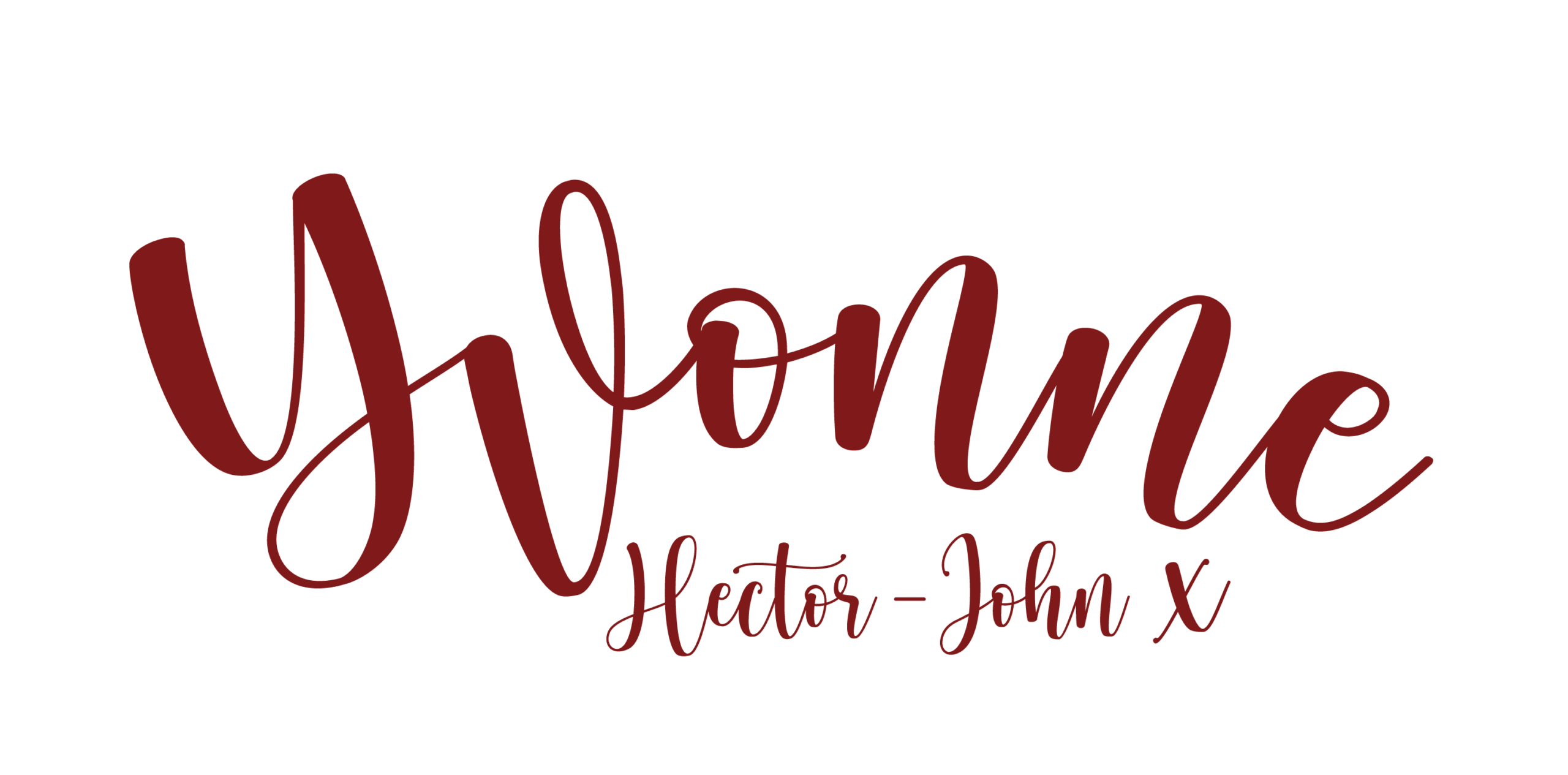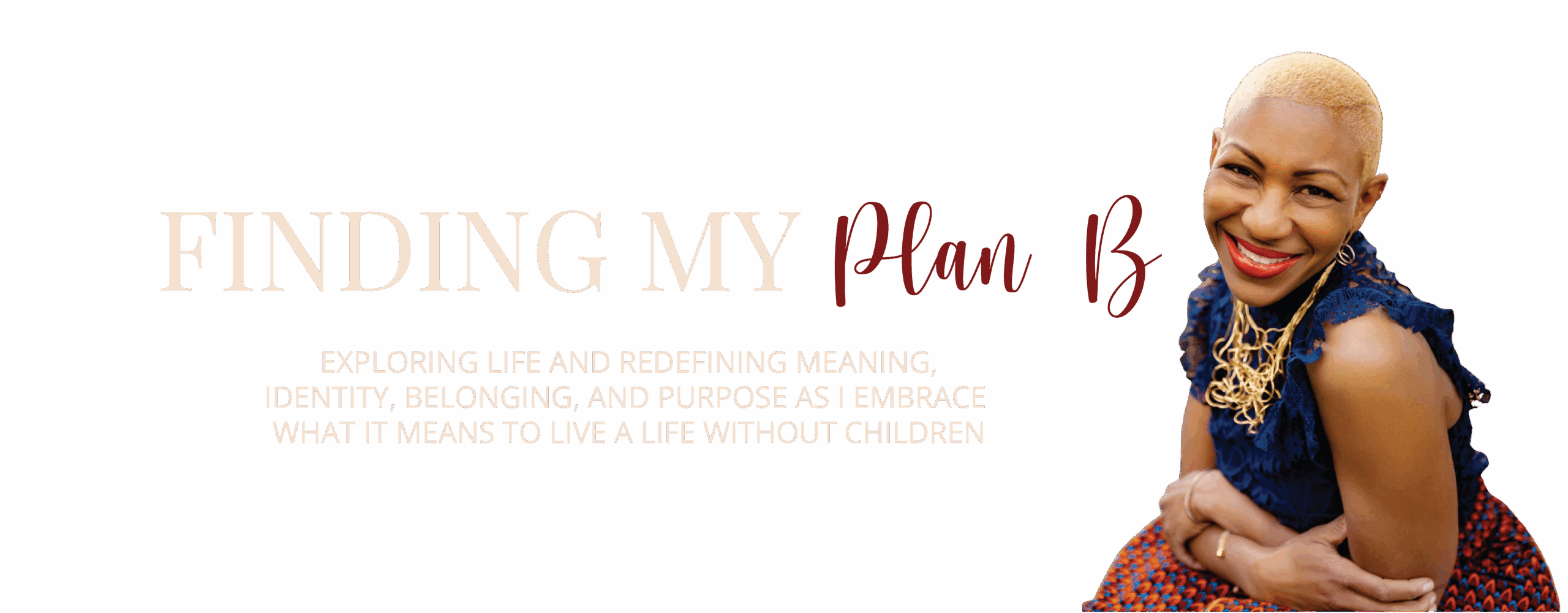I am sitting here singing the song ‘I’ve had the time of my life’ from Dirty Dancing, as I reflect on yesterday’s Fertility Fight club. It was an amazing and rewarding experience.
I was so nervous leading up to the day. I was unsure about my speech – ‘am I saying the right thing?’, ‘what will they think about it?’, ‘will they be offended?’…. so many thoughts were running through my head. I was glad that I could practice my speech in front of my Toastmasters group before Saturday because it gave me the opportunity to refine it and settle my nerves.
I then spent Saturday morning, before heading into London, meditating and playing relaxing music and reminding myself that ‘This is me’ – now I’m singing the song from the Greatest Showman. Do you get the feeling that I like musicals???
The moment arrives… I got up on the stage at the Barbican centre – glad that I was first – and told my truth.




As a black woman, talking about black issues, you never know how you’ll be received (by both black and white people) so to hear the responses afterwards was so amazing. I felt so honoured to have been given this opportunity and to have been received in such a positive way. I have no words (just a huge smile) to describe how I am feeling today but these kind words say it all…


You can see the live stream on FB (click on FB)
For those of you not on FB you can read my talk below…
BLACK GIRLS DO CRY
There was a time when I would have stood before you as an enslaved woman who had no control over her destiny
My body stolen, never mine, wondering if this is personal or just business
but I couldn’t speak up, I couldn’t question, I couldn’t refuse, I could not show you my tears
Enslaved women had;
their hopes and dreams STOLEN
their future STOLEN
their choice to have a child STOLEN
the choice when to have a child STOLEN
the choice who to have a child with STOLEN
the chance to nurture that child, watch them grow up, watch them fulfill their dreams STOLEN
Quite frankly I probably would have welcomed being childless back then if it meant that I didn’t have to endure the pain of your control, if it meant that I didn’t have to hide my tears
Afua Hirsch wrote in her book Brit (ish) that
There was no clean break from slavery… Britain’s act of abolition in 1807 curtailed the supply of new African blood to slave owners in the Caribbean, worsening conditions for slaves already there. Planters began to pay overseas a bonus for each female slave they impregnated…
I wonder what value I would have had to my slave owner as a childless woman?
Today I stand before you, childless, my status being met with surprise and disbelief
You see white people think that I come from a long line of strong, sassy, virile, hypersexual exotic women that do not have fertility issues
apparently ‘we breed like rabbits!’
Black men think that their super sperm will cure my condition
Black women tell me not to give up hope, to keep praying, that they will pray for me
They say that its Gods will, God know BEST
While white people call me aggressive and over sensitive
Growing up ‘Baby Mamma’s were disrespected, now as a childless woman I am pitied
But who will see my tears?
I turn to you for help but you do not hear my sorrow, you don’t seem to understand, for heavens sake you don’t even look like me
If a childless woman have no currency in society then what about the black childless women?
Fertility in black women is rarely discussed or acknowledged as a problem
Breeding myths from slavery perpetuate the stereotype that black women do not have problems conceiving
However there are studies that suggest black women may be almost twice as likely to experience infertility as white women
The Women’s Health Mag and Oprah Mag reported that only about 8 percent of black women between the ages of 25 and 44 seek medical help to get pregnant, compared to 15 percent of white women
When black women do seek medical help for fertility issues, failing to see people who look like us in leaflets, on notice boards, in your groups can further discourage us from speaking up and pursuing the help that we so desperately need
For women who look like me not having children has many layers of trauma that is hard to explain unless you have the time to listen
My voice is a voice that is rarely heard
My history reminds me of how silenced I’ve became…
- when you asked me if I’d ever considered being a shop-keeper as a career choice
- if I could have less plaits in my hair,
- when you dismissed my concerns that ‘that was racist’ as being too hard to prove,
- when you thought that I was aggressive in that meeting just because I dared to voice my opinion
When are you going to stop stereotyping me so that I can speak
When are you going to stop letting your colour-blindness and white privilege stop me from being heard
If you don’t see my colour you don’t see my pain,
If you don’t see my colour you don’t see my challenges or the barriers I face
If you don’t see my colour when are you going to see my tears?
“I convinced myself to leave my house that evening because I really wanted to hear Jody speak. I have been silent for so long now and really want to start dealing with the grief of my childlessness.
I got into my car and drove to the venue. When I eventually got out of my car and walked to the room, I looked through the window then turned around and went home because no-one in that room looked like me“
This is a story I heard from a black woman grateful that she could finally talk to someone who would understand, someone who looked like her
For too long WoC have been silenced, through stereotyping and a lack of representation in the profession that is meant to support us
In her book ‘Why I’m No Longer Talking to White People about Race’ Reni Eddo-Lodge wrote that
“…If you don’t even want to see my colour and acknowledge my race how can we talk about the issues I face, how can you possible start to understand…”
Reni goes on to say “… “White privilege is a manipulating, suffocating blanket of power… bullying you into not speaking up… it scares you into silencing yourself…” “Race is essential to changing the system”
I have learnt to be careful about my battles but at the risk of being labeled the angry black women my fertility journey is one that I have had to fight
In her article for the Leadership Academy Morvia Gorden mentions that “her belief is that black people have inherited internalised oppression from 400 years of slavery as we’ve been taught that white people are better than us
Even though no living white person is responsible for slavery, BAME people still bears the scars if it…”
I am not here to play the blame game, I simply want you to understand my tears
I want you to understand that there are women like me who are often crying from what we often feel is a lack of concern or awareness of our experience as descendants of enslaved women
Black Girls Do Cry
We cry because we feel that we’ve lost our choices and that we do not have a voice
We want to be see, we want to be heard
We want you to stop stereotyping us and see us for who we are
We want you to remove your colour-blindness and see our difference
We want you to engage with us in an honest and non-defensive way
We want to have an equal place and better services for childless WoC
Yes there is more to life than children and maybe someday I can tell you about it



You were amazing Yvonne what you said was very powerful and thought provoking